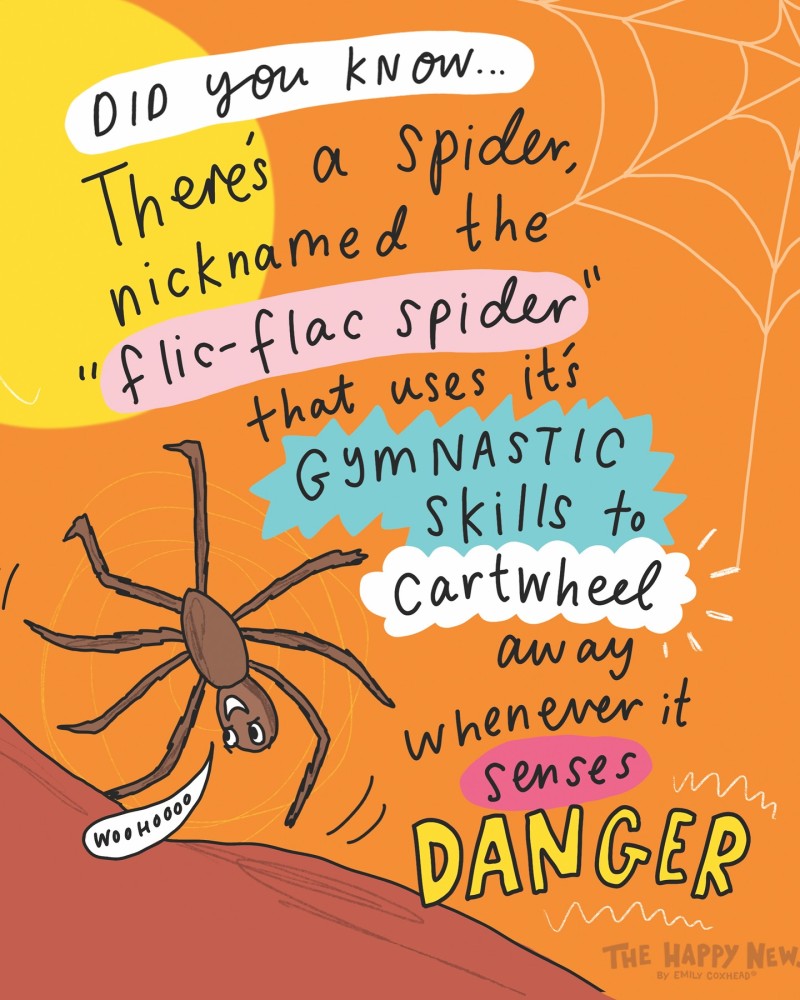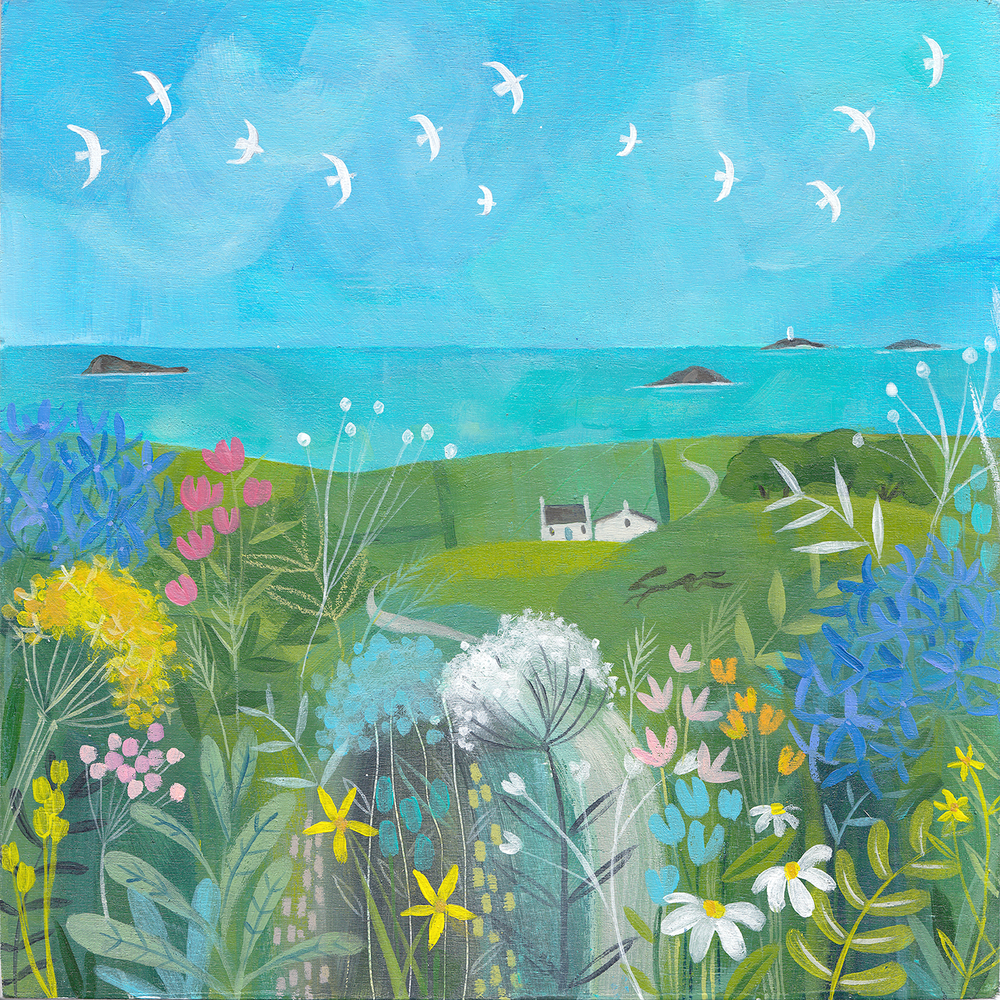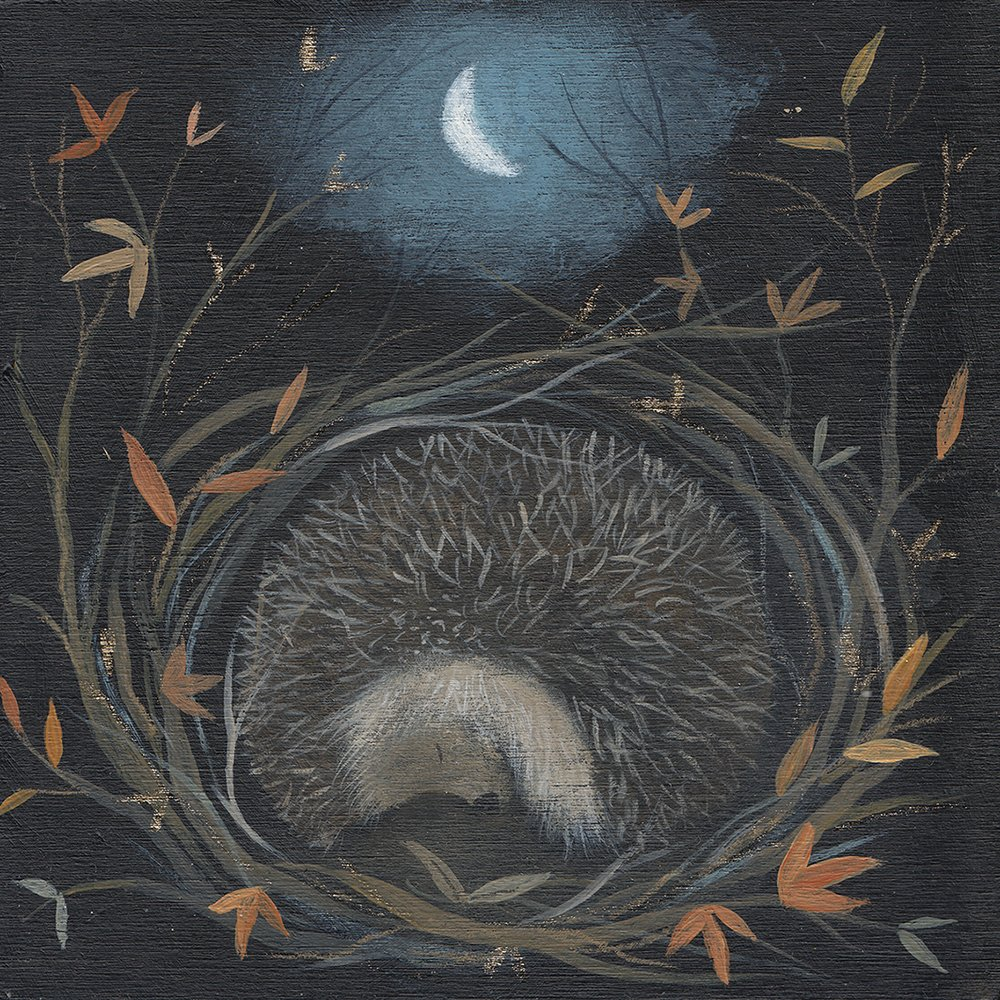Reasons Not To Fear England’s Spiders!
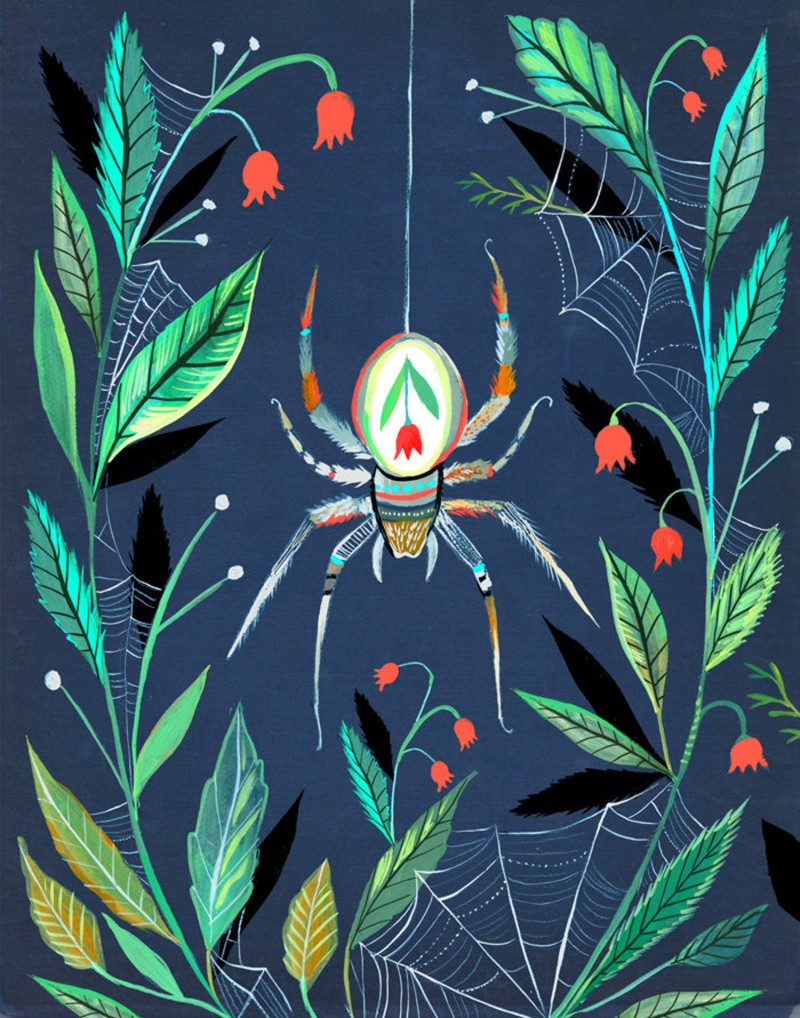
The UK has 10 common species of spiders, and all are cute! They won’t harm you, and likely are ‘ballooning past on their silk’ when you’re not looking.
Find out more about spiders at the British Arachnological Society.
England has five species of house spiders, include the big hairy ones that sometimes end up in the bath, and are more likely to come out at night. All houses have spiders, but mostly they hide where you can’t see them.
Spiders are brilliant, as they naturally eat flies (males have ‘boxing gloves’ to catch prey, females do not). House spiders and garden spiders are different, so leave them be (occasionally garden spiders may come inside, if it’s particularly cold weather in autumn or winter).
Britain’s spiders eat more than the weight of the human population, in insects every year. They are England’s answer to farming pesticides!
English Spiders Are Largely Harmless
Most spiders in England pose no threat to people. The common house spider (often seen lurking in corners or under furniture) won’t bite unless provoked, and their fangs rarely pierce human skin.
Even the false widow, which gets a lot of press, only causes mild discomfort if bitten and usually flees from people. There’s nothing lurking in the shed or behind the curtains that wants to hurt you. By remembering this, it’s much easier to relax!
Natural Pest Controllers
Spiders help control insect populations without chemicals or traps. A single house spider can eat flies, moths, mosquitoes and other bugs that might otherwise breed indoors. These small hunters work non-stop, keeping numbers down without fuss.
Their appetites mean fewer bites from mosquitoes and less bother from garden pests. Helping spiders thrive in your home or garden saves time and money, all while cutting down on pests peacefully.
Spiders Support Garden Health
In the garden, spiders play a key role. They patrol plants and flower beds, catching aphids, beetles and caterpillars that damage leaves or flowers. Their sticky webs trap insect pests before they can multiply.
This means less need for pesticides, which also protects bees and other pollinators. Gardeners who welcome spiders often see stronger, healthier plants as a result.
Spiders Are Brilliant Engineers
Every spider web is an engineering wonder. Spiders spin silk that’s stronger than steel by weight and uses it to build traps, nurseries and homes.
Watching a spider build its web can be fascinating, even calming. Their work shows patience and skill, and gives us a glimpse into a world running quietly in the background.
Educating Children And Reducing Fear
Children often learn fears from adults, but they can also learn curiosity and respect. By showing children that spiders are safe and useful, we help them grow up with less fear and more understanding.
Don’t look at spiders or any insects with a magnifying glass, it can kill them in hot weather.
Don’t Sweep Up Cute Spiders!
House spiders eat flies and won’t do you any harm in England. Garden spiders may come inside in winter, but most house spiders have never been outside, so can’t cope with temperature changes (if you do move one, do so to an unused cupboard ideally, or failing that, a shed or garage.
To prevent spiders, use biodegradable non-scented cleaning routines and vacuum regularly, to deter ‘stale air’.
If when cleaning floors you come across them, leave spiders be if you can, as they eat flies and do no harm. And the white fluffy balls are spider babies, who don’t want to be left behind.
If you do have to remove a spider, gently cover it with a cup, slide a thin card underneath, and place in an unused room or cupboard. Or if determined to place it outside, in a shed or garage (most house spiders will die if you place them outside, due to different temperature or environment).
Carefully move the egg sacs too, to keep mum and babies together! Use a spoon or small jar to carefully slide under the egg sac, gently guiding the mother spider too. Then relocate to a an unused room or cupboard, or a shed or garage if outside, leaving both undisturbed.
Advice from British Arachnological Society. Spiders in baths don’t come up through the plughole, so need help to escape.
Place a towel on the bath edge, so your spider friend can climb out (some people put one over the edge anyway at night, in case a spider falls in). Or place a glass tumbler or cup over the spider, and slide a postcard in between (to humanely trap and release elsewhere in the house).
Help Spiders Trapped in Baths
Spiders don’t come up through plugholes, as this has a water-filled u-bend. But they can’t escape, so again use the cup/card method to trap and release. Or leave a towel over the edge, so your spider friend can climb out to hunt (some people put one over the edge anyway at night, in case a spider falls in).
Found an Exotic Spider?

Sometimes foreign spiders end up here, due to being on bananas etc. But most of the time, the ‘exotic spiders’ are just large English versions. A few are escaped pets (like tarantulas) and some even arrive from luggage from tourists.
If you do find a foreign spider, then call your council’s Environmental Health Department (or a natural history museum if you have one). Consult a doctor if bitten by one. Also call British Arachnological Society for advice.
Books to Learn More About Spiders
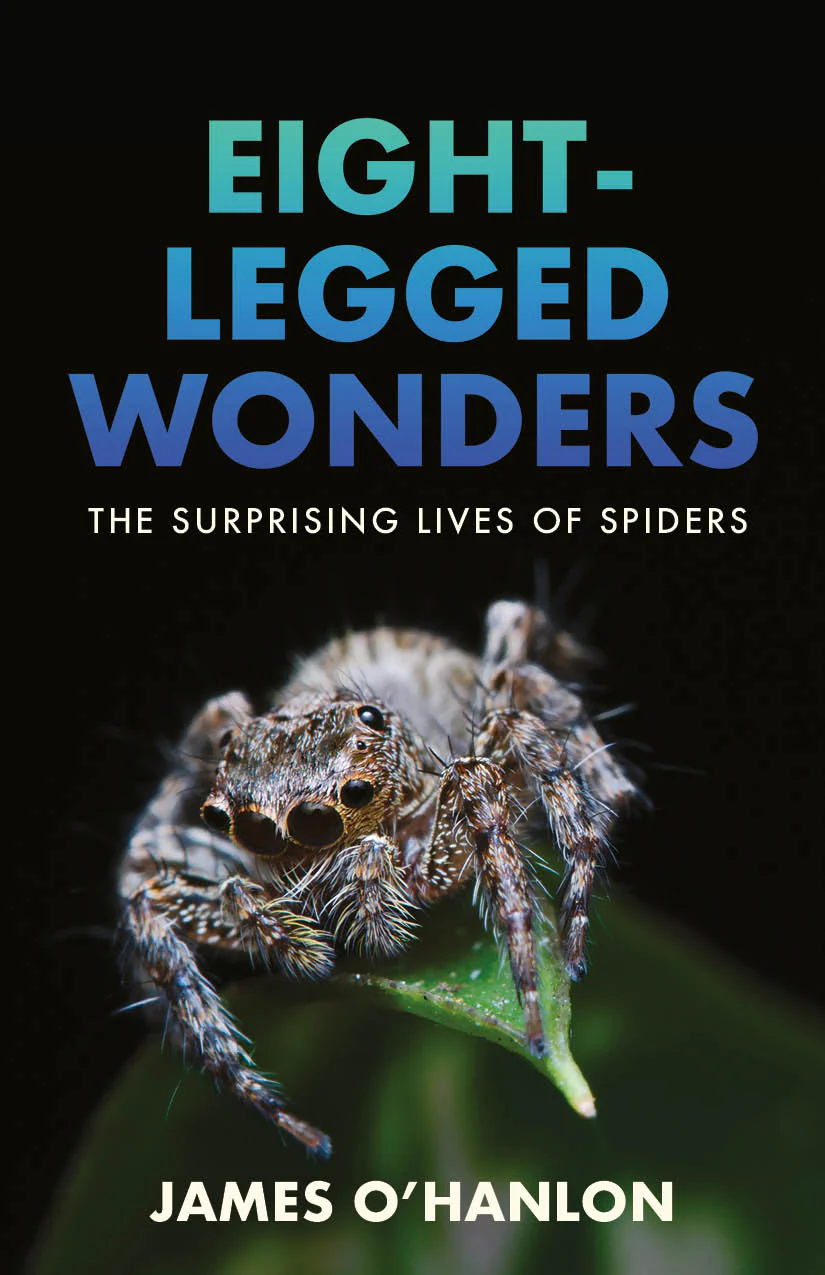
Eight-Legged Wonders is a book that offers a warm-hearted look at the creatures that so many people are frightened of. There are over 50,000 species of spiders worldwide, and nearly all are not harmful to humans.
Learn about peacock spiders who do colourful dances, and the jumping spider. The author also dispels bite concerns and looks at how spiders are worthy of our admiration.
The Little Book of Spiders is a beautifully illustrated small book, written by a spider biologist. Learn what spiders are and how they live, eat and spin webs. Also learn about how they mate and overpower prey with venom. Also learn about spider superpowers and an (almost) vegetarian spider!
